HSBC shares rise after £1.5bn buyback pledge
Plan takes total returned to investors in past three years to more than $25bn
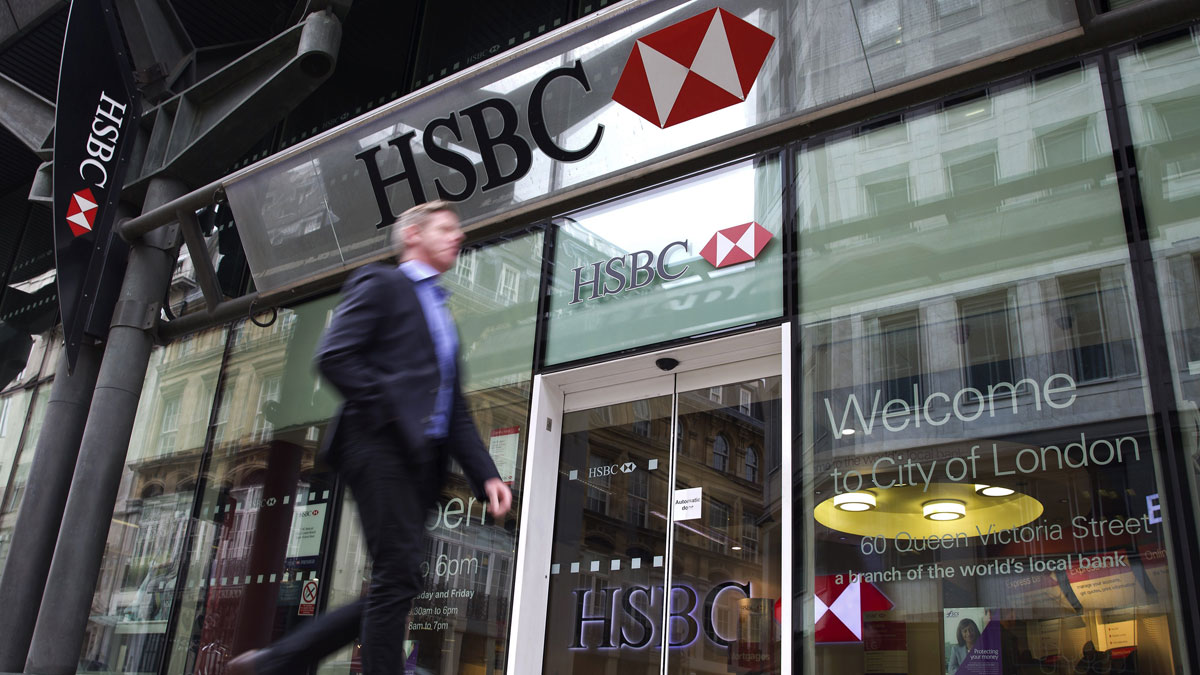
A free daily email with the biggest news stories of the day – and the best features from TheWeek.com
You are now subscribed
Your newsletter sign-up was successful
HSBC shares hit after warning on dividends
01 March
Shares in HSBC were among the worst fallers on a flat day for the FTSE 100 generally yesterday, after a stark warning that its policy of progressively increasing investor dividends could be scrapped.
In the wake of the bank's annual results, analysts at Bernstein Research downgraded HSBC to underperform – effectively a recommendation for investors to sell – and lowered the target price to 380p from 550p.
The Week
Escape your echo chamber. Get the facts behind the news, plus analysis from multiple perspectives.

Sign up for The Week's Free Newsletters
From our morning news briefing to a weekly Good News Newsletter, get the best of The Week delivered directly to your inbox.
From our morning news briefing to a weekly Good News Newsletter, get the best of The Week delivered directly to your inbox.
HSBC shares fell 1.6 per cent yesterday to a shade under 460p. A fall to Bernstein's level would represent a return to the sort of depths reached in the teeth of the financial crisis in 2009.
The results showed the bank had slipped to a shock loss of $858m (£609m) in the final quarter of last year and that full-year profits had only crept one per cent higher to $18.9bn (£13.5bn) as profits in key areas such as Asia underperformed. In line with its policy of upping investor payouts each year, the full-year dividend was raised one per cent to 51 cents per share.
Bernstein called the results "quite dreadful" and said the policy of increasing dividends would most likely have to be scrapped within six months.
"The reality remains that this bank is a deposit gathering machine that depends on rates to generate more than 60 basis points of [returns]. Now that we have had near zero rates for around 8 years and doesn't look like changing any time soon, it is difficult to see any upside from here. Its key money spinner - Hong Kong - is sharply slowing down and we are actually moving more towards negative rates across the world," said Bernstein analyst Chirantan Barua.
A free daily email with the biggest news stories of the day – and the best features from TheWeek.com
At the results, HSBC chairman Douglas Flint restated the bank's commitment to the progressive dividend policy, but he did say future payouts would depend on long-term profitability.
HSBC paid salaries of more than €1m to 453 workers
23 February
HSBC paid 453 members of its staff at least €1m (£780,000) in 2015, sparking anger over continued high pay at major banking groups.
The bank's annual accounts show the number of employees being paid more than the symbolic threshold has grown from 320 in 2014, The Guardian notes.
Coming as the bank also revealed a shock fourth-quarter loss and underwhelming full-year profit growth, the rise sparked criticism from the Robin Hood Tax campaign group, which said it was "hardly the picture of a reformed financial sector".
Elsewhere, the bank disclosed that almost all of its non-executive directors are earning in excess of £100,000, including the chair of its US subsidiary, Rona Fairhead, who was highest paid on £524,000. Fairhead, who is also chairman of the BBC Trust, is stepping down this year and has been attacked over her role as the head of HSBC's audit committee at the time of the Swiss private-banking tax scandal.
There were signs of a clampdown on pay in some areas, however, in response both to the underperformance in certain units and investor concern over elements of the bank's remuneration policy that are more generous than the wider sector.
Chief executive Stuart Gulliver's pay packet fell by £300,000 compared to 2014, as his bonus and share awards came in lower. However, he still received a total payout of £7.3m for the 12 months. The staff bonus pool also fell by five per cent, but again remained at a not inconsiderable £2.5bn.
More significantly, HSBC confirmed it is to reduce the cash awards it hands top executives, slashing pension payments by 40 per cent, which, the Financial Times notes, responds to protests that the previous maximum of up to 50 per cent of base salary is well ahead of its peers.
Overall executive pay will also be brought more in line with shareholder returns, limiting Gulliver's total payout potential from £13.3m to £9.9m and his minimum earnings from £3.5m to £3.3m.
These plans are part of a drive to bring costs down, which will also eventually see the loss of around 50,000 jobs around the world. Previous plans for a pay freeze for all staff were dropped earlier this month, but the bank is still scrapping increases for UK bank managers and imposing a global hiring freeze.
HSBC warns of more wrongdoing costs to come
22 February
HSBC was pushed to a surprise loss in the final quarter of last year as a result of new charges related to past wrongdoing – and there may be more bad news to come.
The global banking group, which last week pledged its future in London, published results this morning showing a $858m (£609m) loss for the final three months of 2015, reports the Financial Times. This was a major underperformance on a Bloomberg consensus analyst forecast of close to $2bn (£1.42bn).
In turn, this was in part caused by it taking on $700m (£500m) of additional costs for "settling litigation and… compensating UK customers for mis-sold insurance products". Over the year as a whole, the bank still managed to return to profit growth of one per cent to $18.9bn (£13.3bn), which it said reflected lower impairment charges in the earlier part of 2015.
The concern for investors will be that the fourth quarter was more prophetic than an aberration – and comments in the footnotes of the results will be especially worrying.
Bosses revealed HSBC is being probed by the US Securities and Exchange Commission for its hiring practices in China, related to the appointment of "princelings" - individuals connected to the government. The impact of the investigation could be "significant", the bank admitted.
Then, The Guardian notes, there is the fact that an independent monitor has refused to sign off on the bank's compliance with the terms of a money laundering settlement handed down in 2012. At that time, it was fined a massive $1.9bn (£1.35bn) in the US for failing to prevent its accounts being used by drugs cartels and terrorists as a way to clean up and distribute funds.
Despite the challenges, HSBC did increase its dividend in line with the profit growth by one per cent as it sought to boost sentiment among investors who have been trading the bank substantially lower in recent months. The stock fell more than five per cent initially but had pared losses to a 0.5 per cent slide to 448p by 2.45pm today, lagging a 1.9 per cent gain on the wider FTSE 100.
HSBC to introduce voice and fingerprint ID for customers
19 February
The end is nigh for the banking password. That is prediction of experts after HSBC announced they were introducing voice recognition and fingerprint ID security measures for telephone and internet customers.
In what the BBC describes as "a big leap towards the introduction of biometric banking", the service will be offered to up to 15m banking customers of HSBC and First Direct. The lender expects to have the system up and running by the summer.
HSBC spokeswoman Francesca McDonagh described the move as "the largest planned rollout of voice biometric security technology in the UK".
Barclays has already introduced voice recognition software but limits it to certain wealth clients. It announced today that it would be looking at rolling it out to its retail banking customers "shortly".
HSBC customers will provide a voice print to the bank, which is analysed for speed, rhythm and pronunciation. The system will continue to work even when a customer has a cold. "Things such as the size of your mouth or your vocal tract don't change. Neither do your cadence or your accent when you've got those little colds," said the bank.
A YouGov survey commissioned by HSBC found that 55 per cent of those polled said they rarely changed passwords, while 74 per cent felt that biometric security would become the default "password" of the future.
However, after HSBC suffered two recent outages to its online banking system, at least one of which is thought to have been caused by hackers, there is concern over the lender's expertise in digital affairs.
HSBC still planning to make wage-bill savings in the UK
18 February
HSBC is still planning to make savings to its wage bill this year, despite being forced to back down on a plan to freeze salaries for all staff globally last week.
According to a report in the Financial Times, HSBC informed managers in its UK retail branches and wealth management division that most of them will not be getting a pre-agreed pay rise this year. Junior and most mid-level employees will receive the increase, but only managers deemed top performing and currently receiving a below market rate will get theirs.
On Friday, it was revealed that HSBC had backed down on a controversial proposal to freeze pay across its global operations, effectively scrapping agreed increases. Backlash from staff and unions led to the rises being reinstated for more junior workers, paid for out of a bonus pool which was to be distributed next year.
A hiring freeze announced last month will still go ahead. The banking group said last year it would cut $5bn (£3.5bn) in costs by 2017, including the loss of 8,000 of its 48,000 staff in the UK and as many as 50,000 globally.
"We have listened to feedback and as a result decided to change the way these cost savings are to be achieved," the bank said.
Of the news that some of the pay restraint would be maintained, Dominic Hook, the national officer for finance at Unite, said: "Coming so soon after the botched pay freeze, this further U-turn on the pay of thousands of UK HSBC managers just adds further insult to injury.
HSBC said it "makes pay awards around the world based on performance and merit, taking into account any local considerations".
The latest set of headlines on HSBC cost-cutting comes in the week the bank revealed it will, after a nearly year-long review, retain its headquarters in London. Many say the decision was inevitable and that the protracted review has merely served to burn a lot of political capital the bank had built up with policymakers both in the UK and China.
-
 6 exquisite homes with vast acreage
6 exquisite homes with vast acreageFeature Featuring an off-the-grid contemporary home in New Mexico and lakefront farmhouse in Massachusetts
-
 Film reviews: ‘Wuthering Heights,’ ‘Good Luck, Have Fun, Don’t Die,’ and ‘Sirat’
Film reviews: ‘Wuthering Heights,’ ‘Good Luck, Have Fun, Don’t Die,’ and ‘Sirat’Feature An inconvenient love torments a would-be couple, a gonzo time traveler seeks to save humanity from AI, and a father’s desperate search goes deeply sideways
-
 Political cartoons for February 16
Political cartoons for February 16Cartoons Monday’s political cartoons include President's Day, a valentine from the Epstein files, and more
-
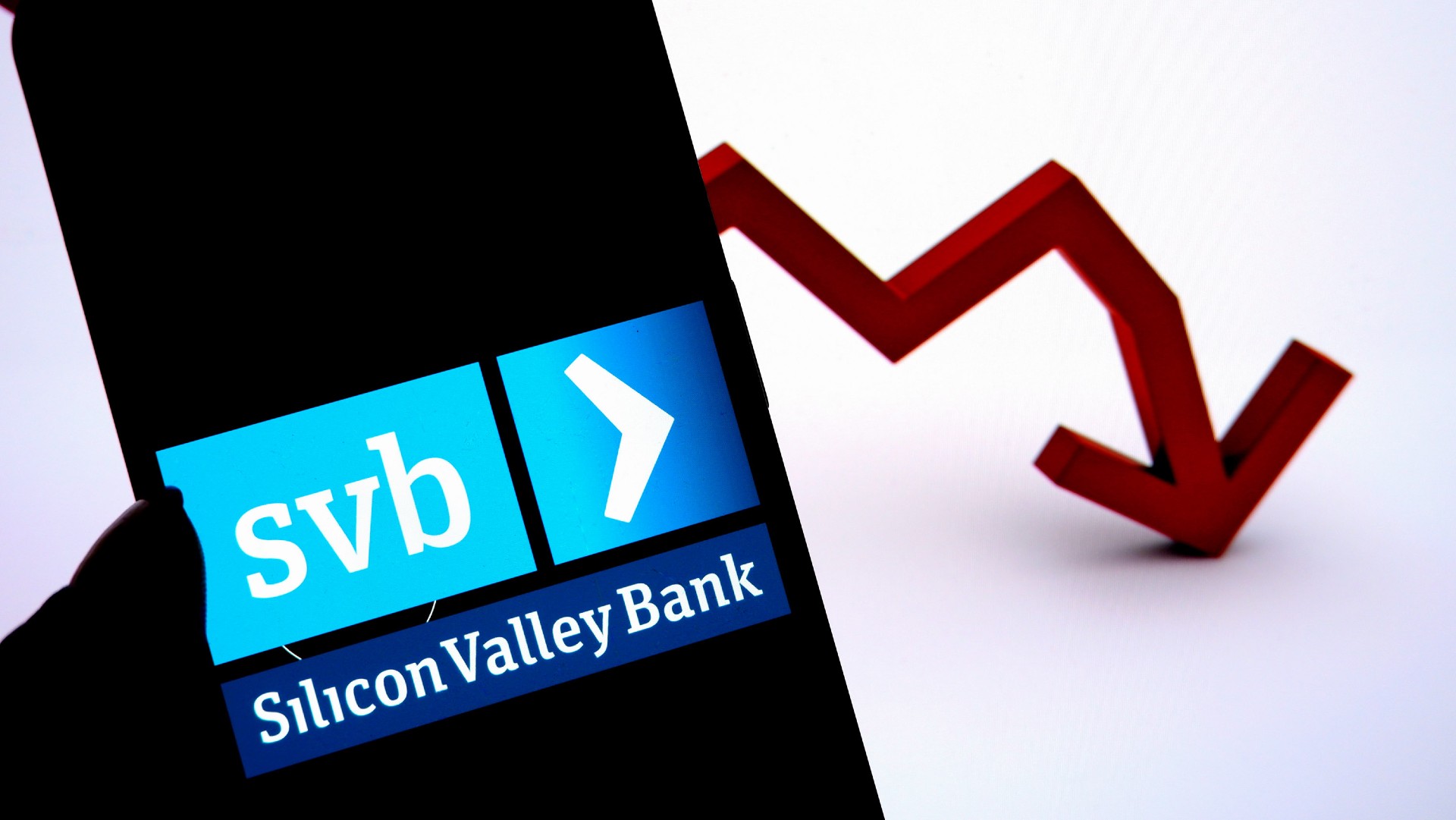 The Silicon Valley Bank collapse
The Silicon Valley Bank collapsefeature Sudden failure of tech sector’s go-to bank sparks fears of wider contagion
-
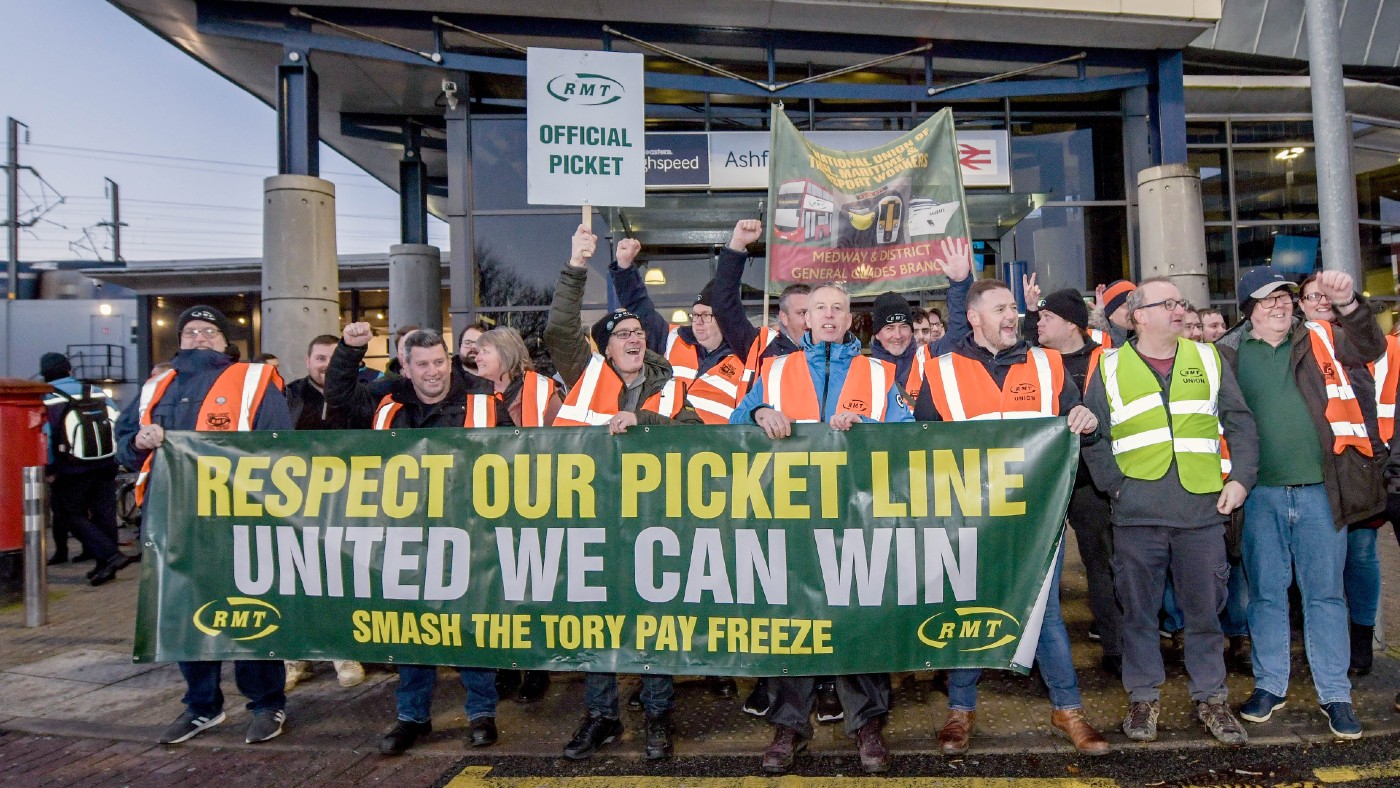 Minimum service levels and the right to strike
Minimum service levels and the right to strikeTalking Point Government’s proposed anti-strike laws will soon be debated by MPs
-
 Unions of all kinds are flexing their muscles. Should we be celebrating?
Unions of all kinds are flexing their muscles. Should we be celebrating?feature New Unite union boss Sharon Graham has promised to make every UK workplace ‘action ready’ and vowed to take on Amazon
-
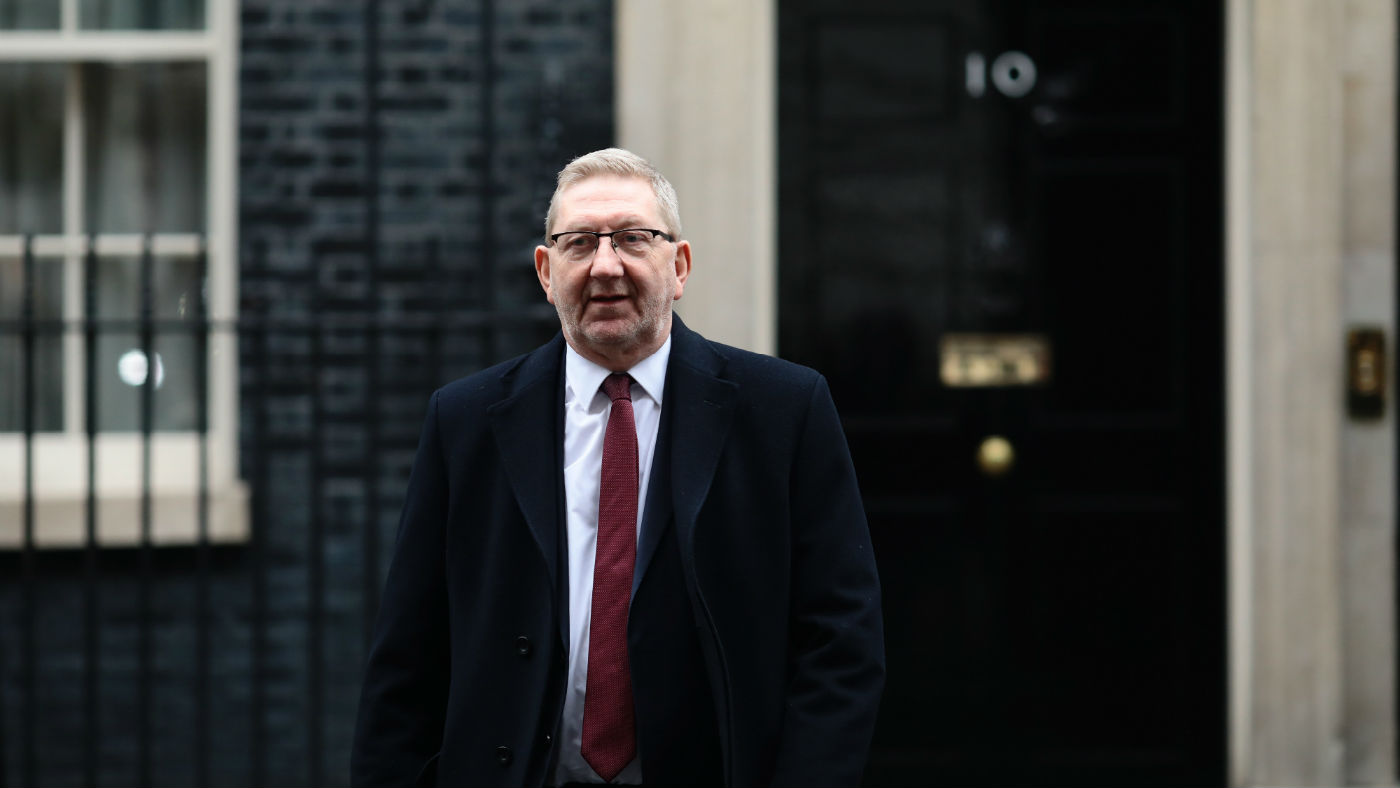 Unite: extend furlough scheme now or ‘redundancy floodgates will open’
Unite: extend furlough scheme now or ‘redundancy floodgates will open’Speed Read Union calls for immediate government action to save workers and business from ‘cliff edge’
-
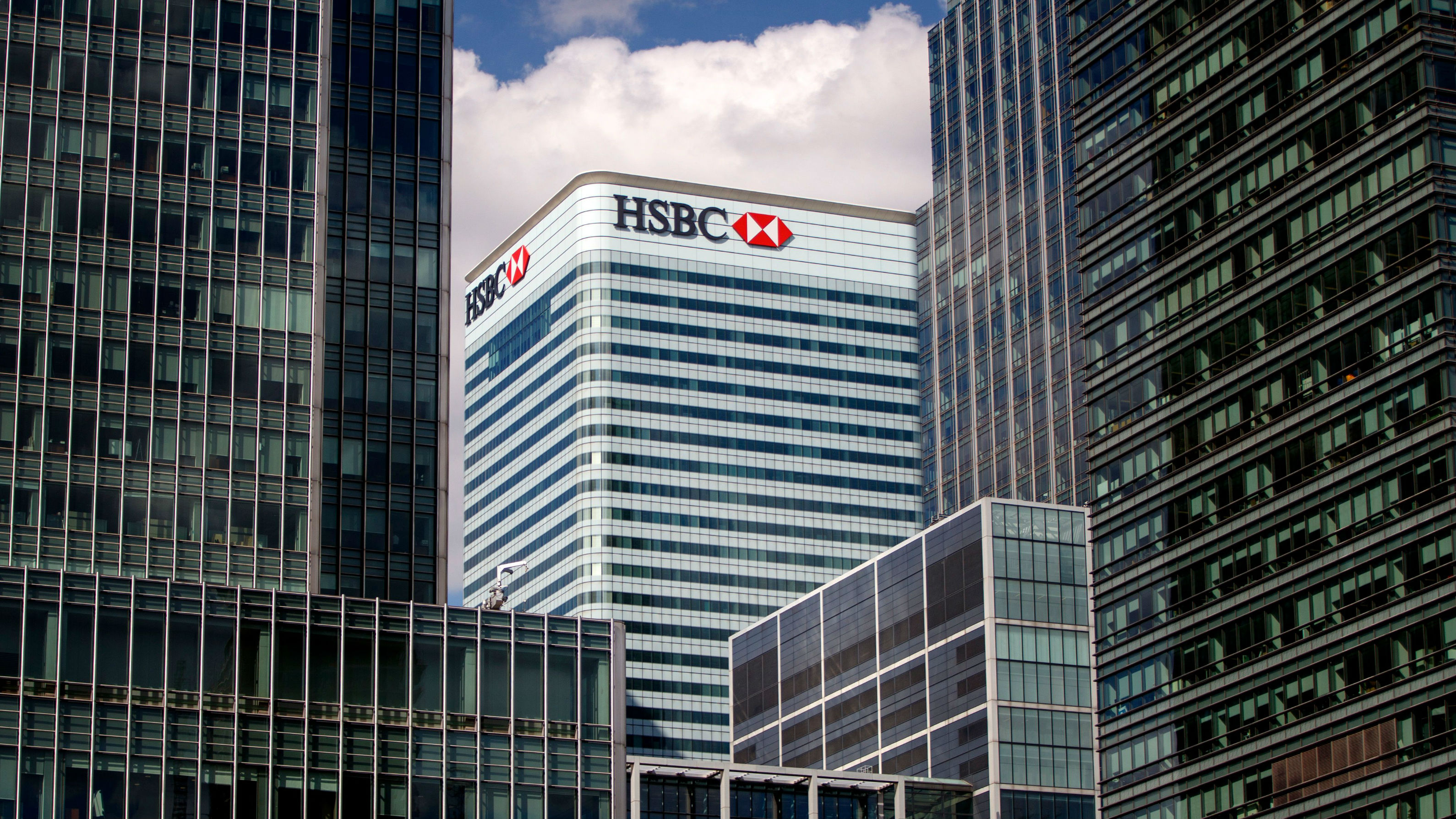 HSBC to cut 35,000 jobs: why profits plunged
HSBC to cut 35,000 jobs: why profits plungedIn Depth British bank announces 33% drop in profits and plans to slash branches in US
-
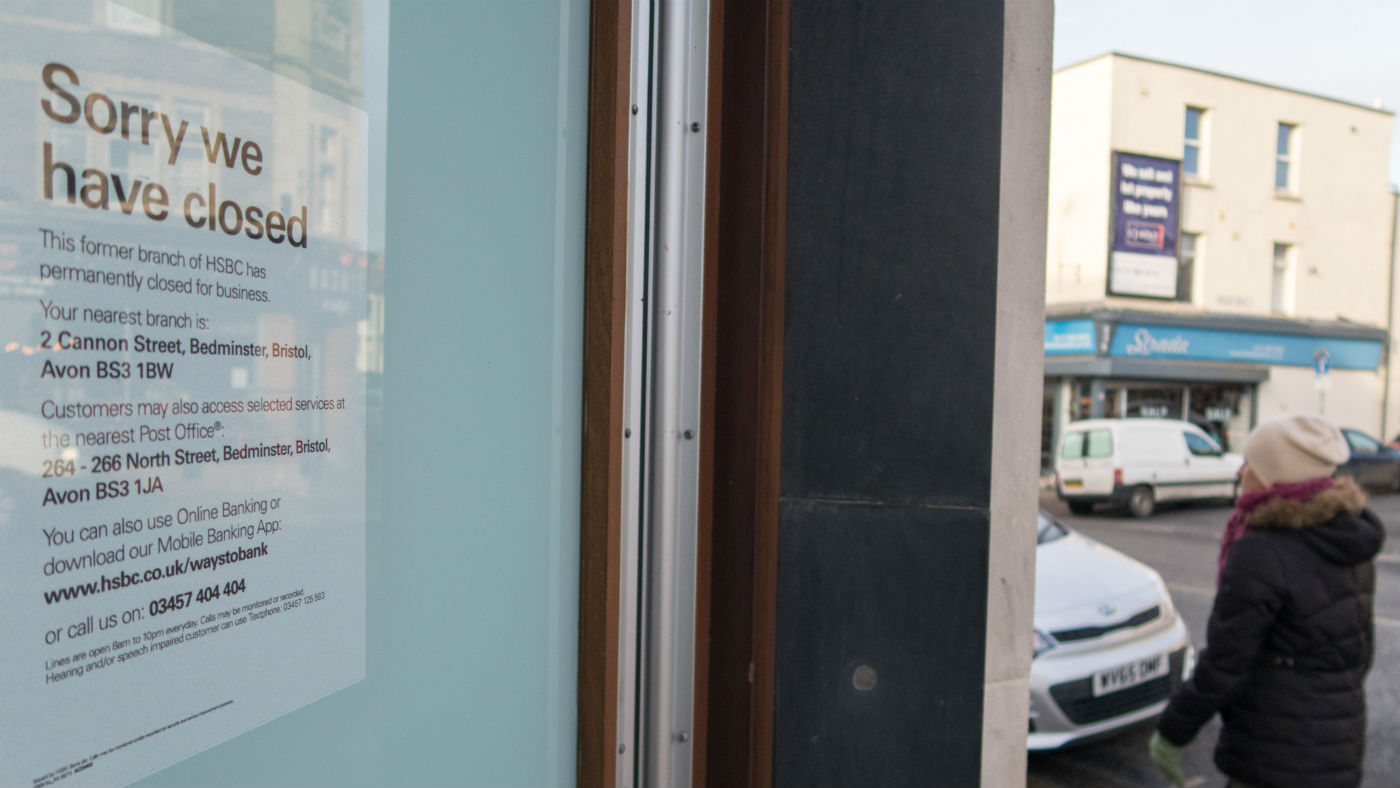 Could ‘banking hubs’ solve problem of branch closures?
Could ‘banking hubs’ solve problem of branch closures?Speed Read MPs fear large sections of society could face ‘financial exclusion’
-
 What is Britain’s worst bank?
What is Britain’s worst bank?Speed Read Royal Bank of Scotland comes joint-bottom in the new personal banking league table, and last for business banking
-
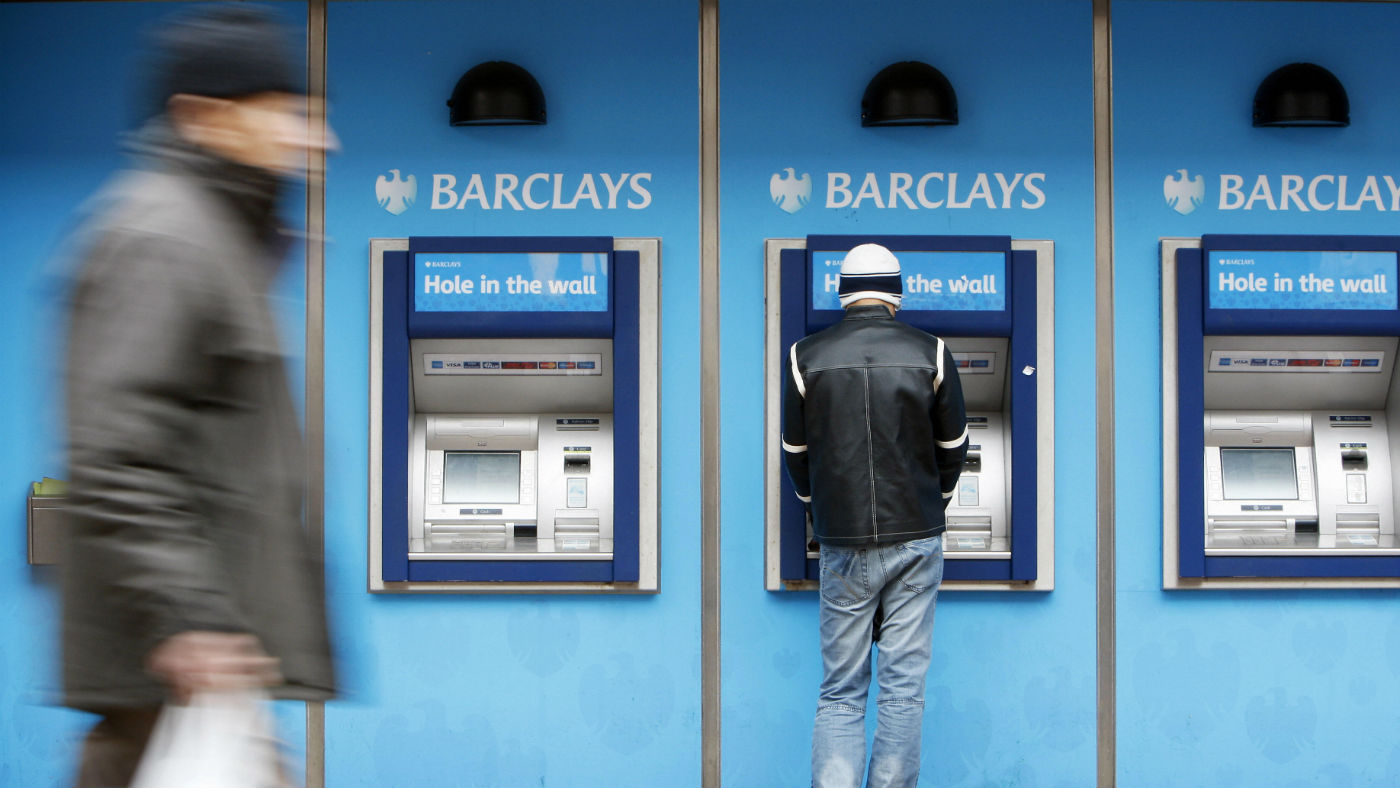 FBI warns cash machine global cyber-attack imminent
FBI warns cash machine global cyber-attack imminentSpeed Read British banks have been warned their ATMs could be mass-hacked by cyber criminals ‘in the coming days’